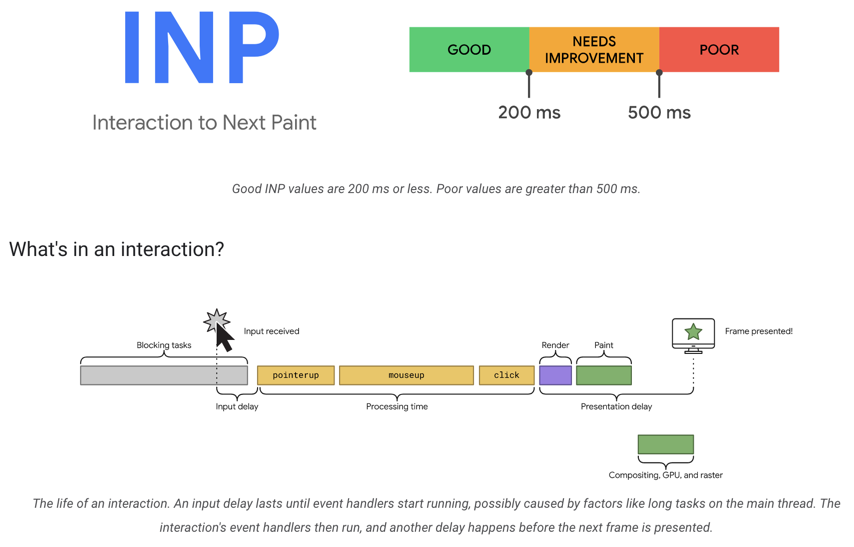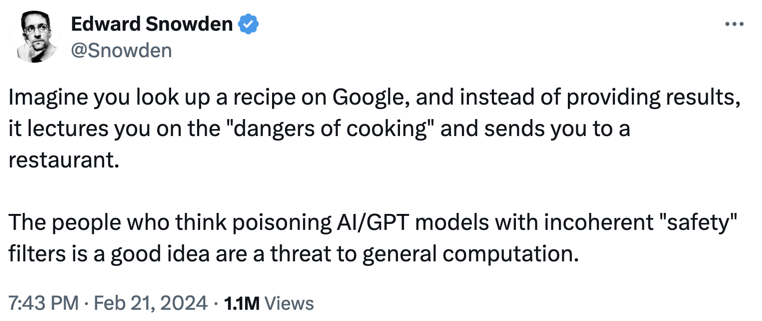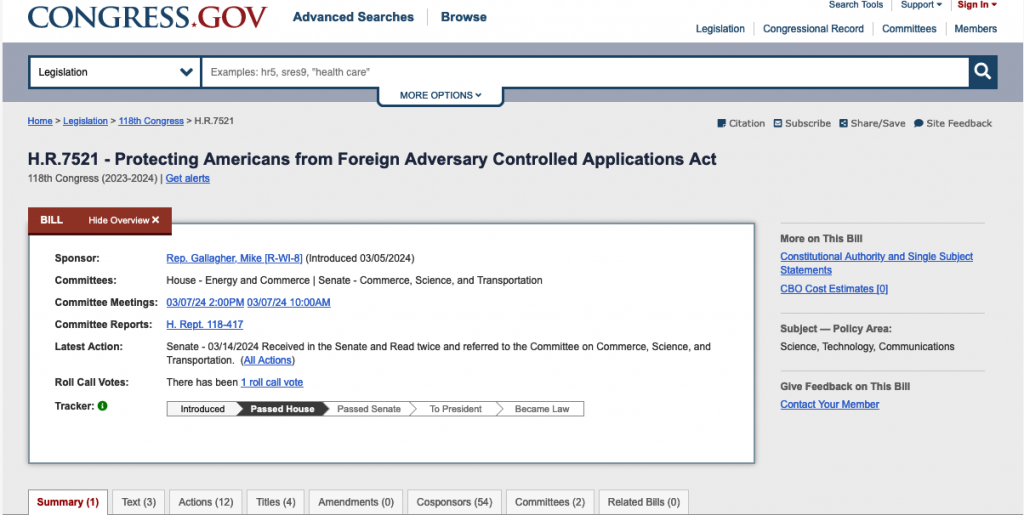Hey, everybody. Sorry the newsletter’s late. It’s hard to fit into our schedule these days. We’re working on a solution.
A surprising number of you asked us for recommendations when we mentioned the fact that we’d gone down a deep rabbit hole in search of a comfortable ergonomic chair. Our obsessive quest to improve the workstations where we spend 8+ hours per day is now focused on peripherals. Amazon’s unbelievably lenient return policy has allowed us to try a ton of keyboards and mice (mouses? we’re not sure how the plural form of that word works). We haven’t landed on any winners yet, but what we can say for now is that the $100, high-end darlings of tech reviewers (like the Logitech MX Master 3S and the ProClick by Razer and Humanscale) are not worth the money unless you have an incredibly specific use case. The MX Keys S we’re using at this very moment is also destined to make its way to a UPS Store soon.
There’s not a lot of news about the March 2024 core update yet because it isn’t done snaking its way through the internet, but we did stumble onto an amusing way that some folks are capitalizing on it. If you search YouTube for early reports about which sites are winning and losing, you’ll find a bunch of clickbait thumbnails with alarming emojis and dramatic questions (like “IS THIS THE END OF SEO???”). Should you decide to watch those videos because you’re waging a war against your own productivity or need to write a newsletter, you’ll run into numerous people claiming that Google is deliberately neutralizing the tips that SEO influencers are passing along to their audiences.
Thankfully for all of us, these SEO influencers have one last way to safely disseminate their knowledge: mastermind courses behind paywalls that Google cannot crawl. Hallelujah.
A new core web vital was introduced on Tuesday. Interaction to Next Paint (INP) is now one of the primary metrics that Google uses when it boils the performance of a web page down to three numbers. INP scores measure the time it takes for a web page to visually respond to all user interactions. First Input Delay (FID) is the metric that INP dislodged. FID scores rated the time it took for a page to react to a user’s first interaction and provided a less holistic assessment of any given page’s overall interactivity performance.
Google said from the beginning that core web vitals would “evolve over time.” The introduction of INP is the first notable change that has occurred since the Chrome Team introduced Core Web Vitals in 2020 and this change was not unexpected. The limitations of the FID score were known and have been discussed at length for years.
Earlier this month, we decided to shy away from featuring AI in these emails because the space is so frenetic that anything we write about stands a good chance of becoming outdated later that day. That being said, there are two quick things we wanted to shine a light on. First, there was a bunch of chatter about ChatGPT 4.5 getting released in June because someone searched Google for “OpenAI blog gpt-4.5 turbo” on Tuesday and saw a result that said OpenAI announces GPT-4.5 Turbo, a new model that surpasses GPT-4 Turbo in speed, accuracy and scalability. Learn how GPT-4.5 Turbo can generate natural language or code with a 256k context window and a knowledge cutoff of June 2024. Second, a general criticism is getting applied to every flagship AI model: the safeguards are out of control. The tweet above this paragraph is a concise example of what we’re talking about and this ten-minute clip of a conversation between Sam Harris and Brian Keating touches on the bullet points of most people’s complaints.
Our first closing link is a New York Times column from Tuesday about newsletter startups that are (and aren’t) finding success by focusing on niche audiences. Our personal biases may play a role in why we included it. Next, the U.S. House of Representatives voted to pass the PAfFACAA (Protecting Americans from Foreign Adversary Controlled Applications Act) bill by a margin of 352-6 on Wednesday. The acronym is awful but the sentiment is popular (with people belonging to the age groups most likely to vote). The goal of the bill is to force ByteDance to sell TikTok to an American entity (which will be a corporation unless Elon Musk decides that short-form videos are freedom-deficient). Despite the truckload of publicity surrounding this bill, nothing will come of it unless the U.S. Senate passes it too. There is nothing certain about that happening. Finally, we’ve got a Search Engine Journal article about doing 404 pages the right way. None of the examples they cite are as good as ours (or even close, honestly), but what can you do?
Have an awesome weekend, everyone.



